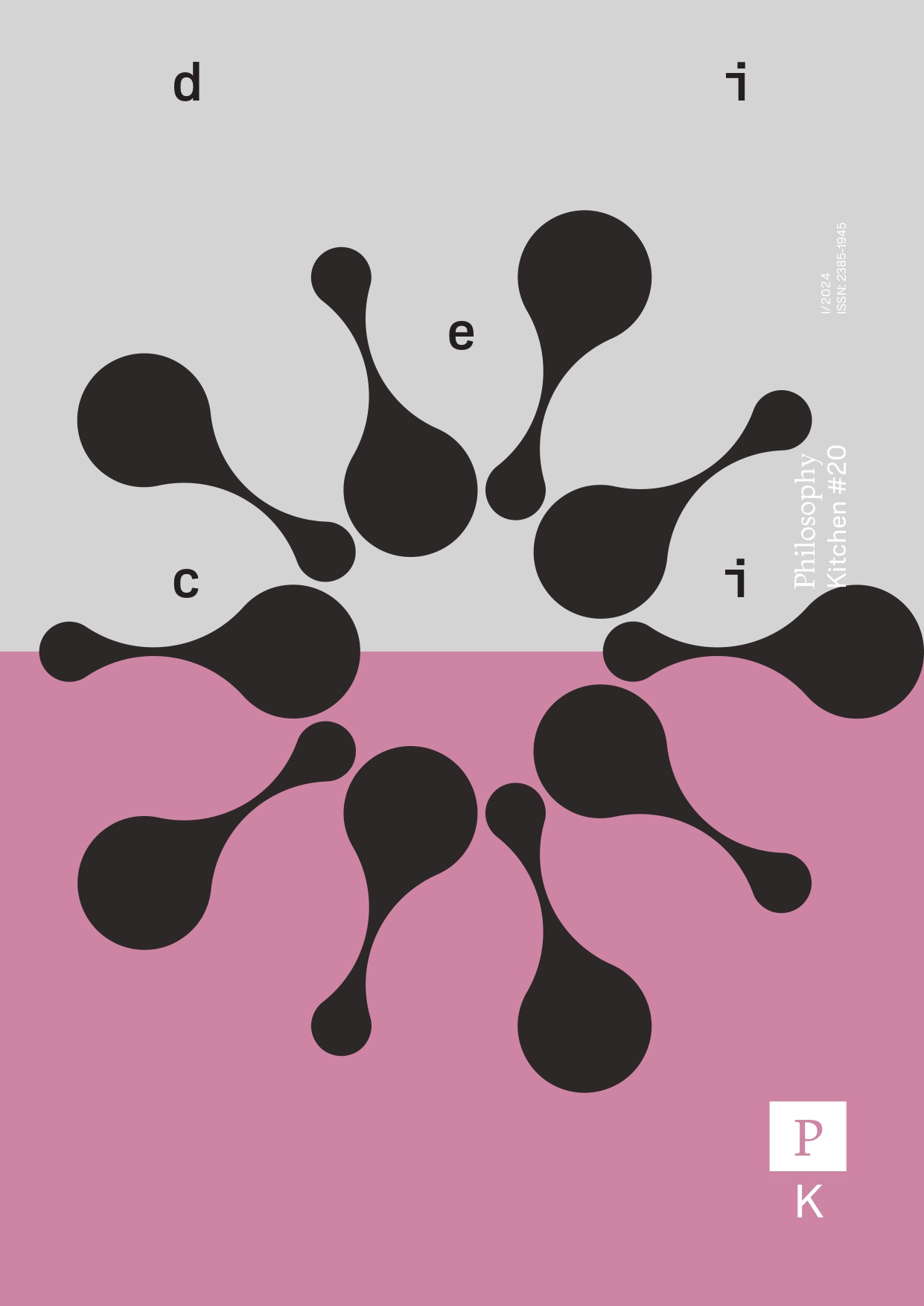La nozione di verità in Spinoza
DOI:
https://doi.org/10.13135/2385-1945/10879Abstract
This article analyses the concept of truth in Spinoza and shows how the definition adopted by the philosopher overturns the traditional idea of truth and the epistemological framework associated with it. In this sense, Spinoza anticipates certain developments in contemporary science in the fields of gnoseology, anthropology and politics. The principle of truth was traditionally expressed by the formula “adaequatio rei et intellectus”. Underlying this notion of truth was the idea of a perfect correspondence between thought and reality: truth consisted in the adequacy and correspondence between the idea in thought and external reality. With the formulation of his concept of truth as self-evidence, Spinoza refuses to regard ideas as images of things and the external object as the norm of the idea. He rejects the dogmatism of correspondence understood as an act of faith in reason or in a transcendent God that guarantees the relationship between the “internal” and the “external”, and instead studies the ways in which reason can have access to the truth.





